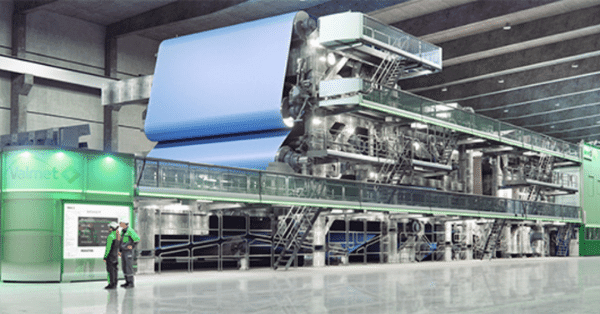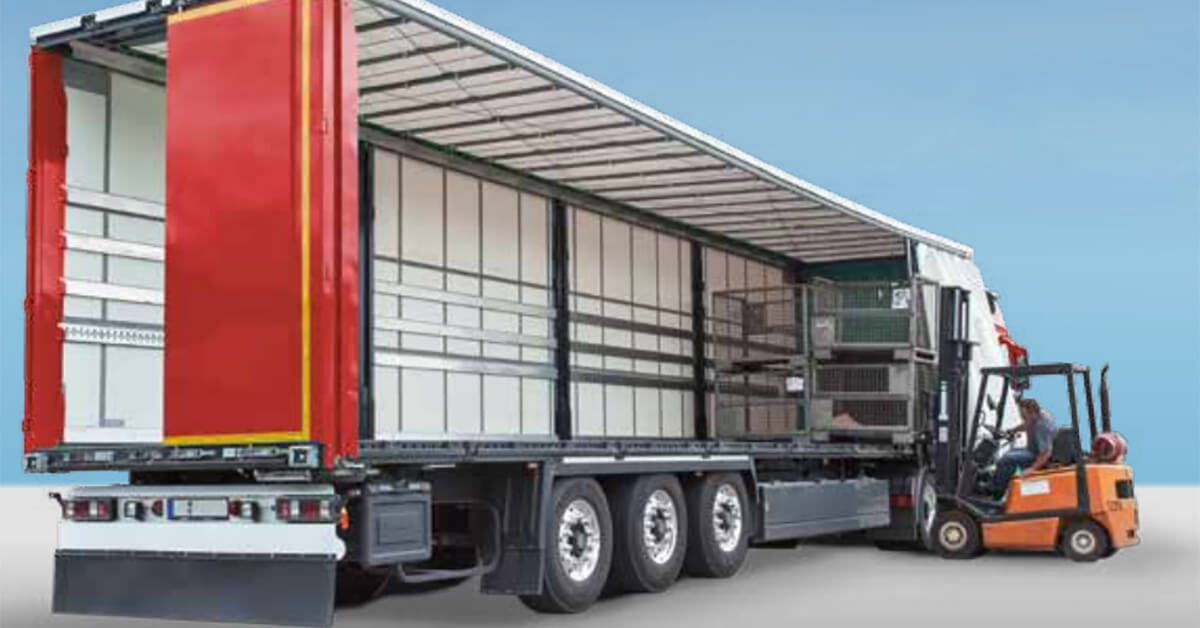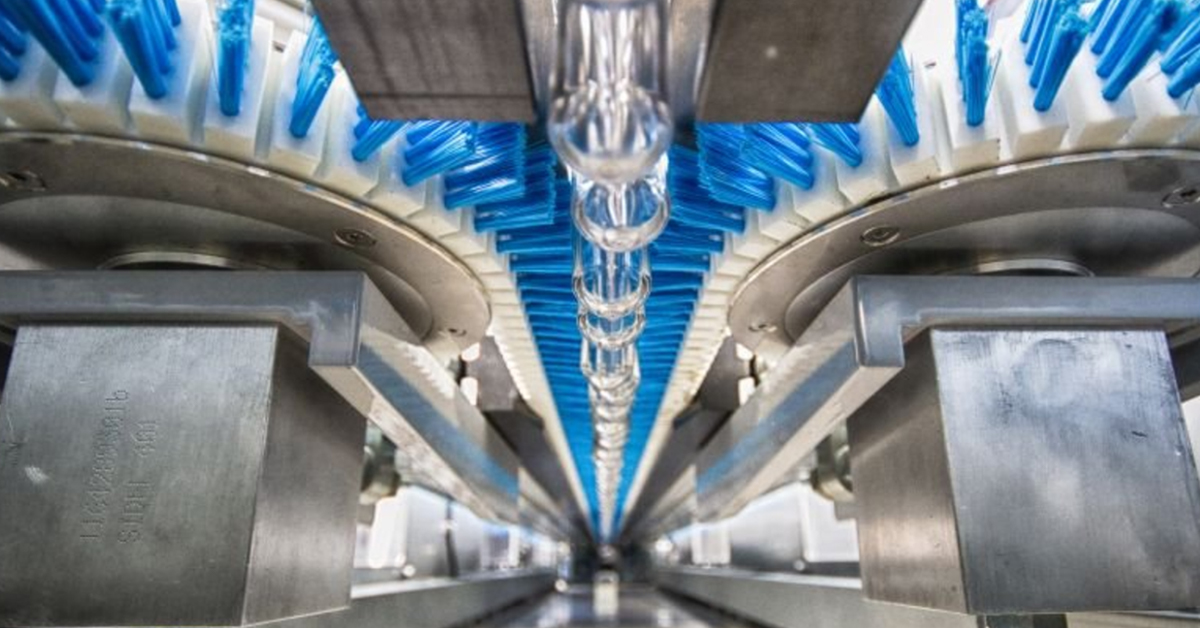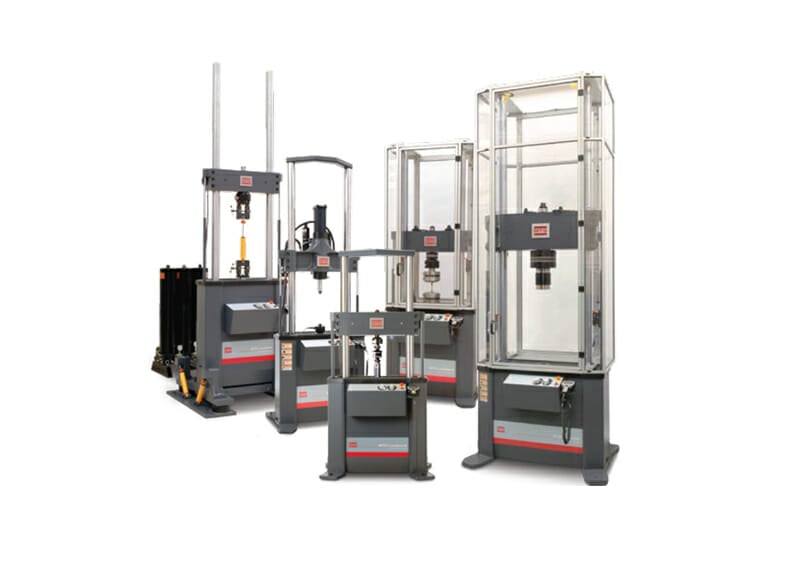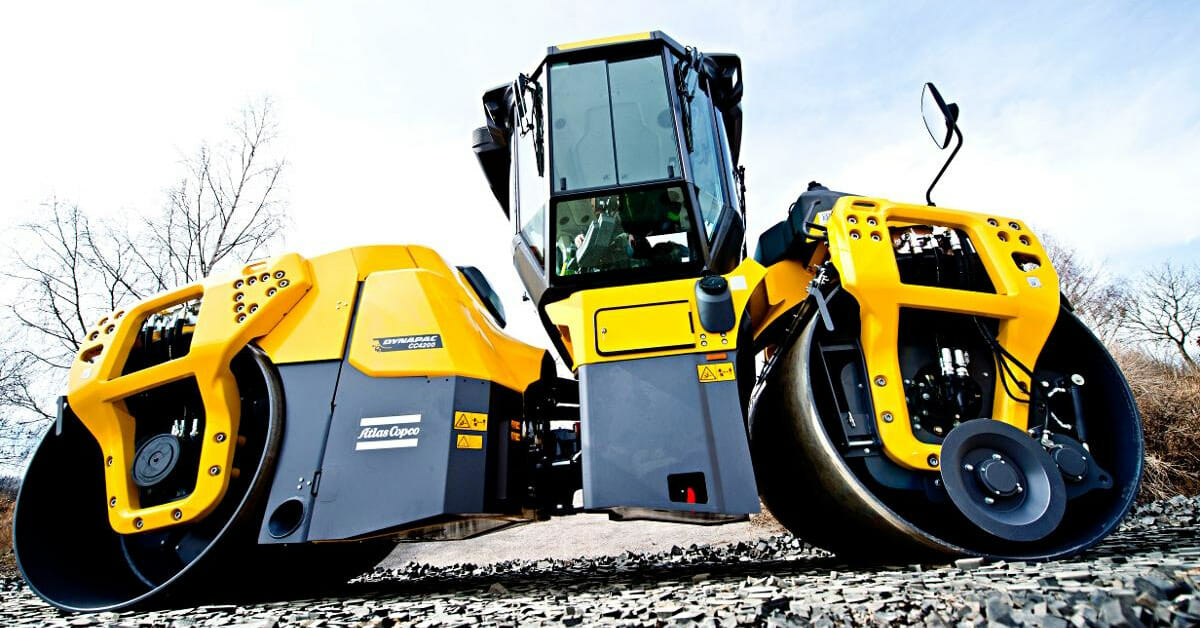A modular engine platform developed in record-time for a range of applications and future fuels
Case Story
Wärtsilä 25
Wärtsilä Corporation is a Finnish company that manufactures and services power units and other equipment in the marine and energy markets. The company employs more than 19,000 workers and operates in around 80 countries.
With the growing interest in sustainability for manufacturers worldwide, Wärtsilä has prioritized providing technology and products with a minimized carbon footprint. One of these offerings is the Wärtsilä 25, a new engine platform designed to meet maritime power and propulsion needs in a CO2 net-zero future. With this ambition in mind, a Wärtsilä product development team was created to design a modular solution based on the experience and learnings from earlier projects.
Key Challenges Before Modularization
Ships are a lifetime commitment
The cost pressure in the shipping industry is crushing. Future fuel solutions will be expensive, and new engine product family development must have low fuel consumption, simpler maintenance, and a lower environmental footprint.
Given the long lifecycle of ships, it is essential that the engine of modern vessels can be adapted to fit new requirements over time. The Wärtsilä 25 offers a solution with extended time between maintenance intervals, and it can be upgraded and modified to accommodate new applications with minimally intrusive efforts.
Today’s engines need to provide options for future fuel
Because shipping accounts for nearly 3% of today’s worldwide GHG emissions, the industry needs to invest in improving efficiency. There are considerable amounts already invested in fuel solutions. To keep pace, today’s engines must be prepared to adapt to future solutions and regulations.
Building on earlier engine development and setup of a modular product architecture with standardized interfaces, the Wärtsilä development team came to the R&D process already possessing a solid foundation in product variance. Instead of reinventing the wheel, could spend precious resources on fine-tuning already proven technology.
For example, the inlet timing and gas drive solution was reused from a larger engine family instead of re-developed, saving R&D efforts.
“Existing modular architecture for 4-stroke engines gave a solid framework to define needed module variants for Wärtsilä25 to fulfill the market requirements. PALMA really lays the foundation for the upcoming maintenance and development work. ”
- Jussi Sippola, Chief Expert, Product Architecture Management & Modularity
The Winning Solution
Modularization Journey
Wärtsilä engaged Modular Management as a key partner in Modularization in 2009, and since then, several projects have been successfully executed together across both Ship Power and Power Plant businesses.
One of those projects was the development of a unified modular product platform for all medium-speed 4-stroke engines. Using Modular Function Deployment, Modular Management guided Wärtsilä R&D to design a modular system flexible to cover all customer segments and engine applications while being prepared for the development of fuel types, fuel efficiency, and ever-increasing requirements on reduced environmental footprint. The result of the 4-stroke project was a unified platform that acts as a template for the different engine families. The Wärtsilä 25 product group is the latest addition to their modular platform.
PALMA as the tool for R&D and Product Management success
Wärtsilä’s modular architecture for 4-stroke engines was extended to serve the Wärtsilä 25 engine family. The architecture was designed to support a range of engine families (small, medium, and large) for future applications. This foundation enabled the development team to focus on defining module variants based on customer requirements and and specify required technologies. The modular architecture is developed and maintained in PALMA, which shares information with downstream systems such as PDM and sales tools.
PALMA’s module variant specification tool and variant register report proved critical in planning and prioritizing development. It gave insight into the design specifications and clarity on the number of module variants required to build a more optimized design.
The interface matrix in PALMA mapped module interaction and supported in standardization of interfaces and early 3D modeling and configuration evaluation for both sales and production.
PALMA connects engine requirements from the shipping market to the modular product architecture of the Wärtsilä 25. With minimal effort, Wärtsilä’s Product Development team could identify and focus development on components that needed to be updated or developed from scratch.
Creating a streamlined product development process at Wärtsilä enables a small team to maintain and evolve three product family generations with just one tool, PALMA.
“With previous modularity and configurability knowledge, connected with the Agile way of working, we succeeded in presenting the newest member of our product portfolio faster to the market than ever before.”
- Tuomas Linna, Program Manager
The W25 is unprecedented
With improved combustion performance, more innovative design, and better material choices, increased service interval grew from 24,000 to 32,000 hours. An added benefit to this longer interval is that the service breaks will align better with the dry-docking schedules of many vessels, shortening the maintenance window considerably.
Wärtsilä 25 engine family leveraged “full configurability” to support multiple application requirements. The engine can be configured with various options, including basics such as variable or constant speed, flexible or rigid mounted, while improving performance optimizations.
This flexibility allows the engine to be used in many different scenarios as both auxiliary power and as a main power unit. The best part of existing engines has been drawn upon to create a maintainable, modular, future-proof, net-zero-enabled product family. This innovation has put the Wärtsilä maritime engine families at the forefront of technology and enabled shipping directors to take active measurements to reach net-zero supply chain solutions.
The Wärtsilä 25 is comprised of less than 600 module variants to cover the full scope of its engine family with a full offering of diesel, gas, bio-fuels, ammonia, and other fuel options. It covers 1-stage and 2-stage turbochargers, main engines, generator sets, multi-, single-engine main installations, and more. This extensive offering wouldn’t be possible without the capabilities of PALMA and a modular product architecture.
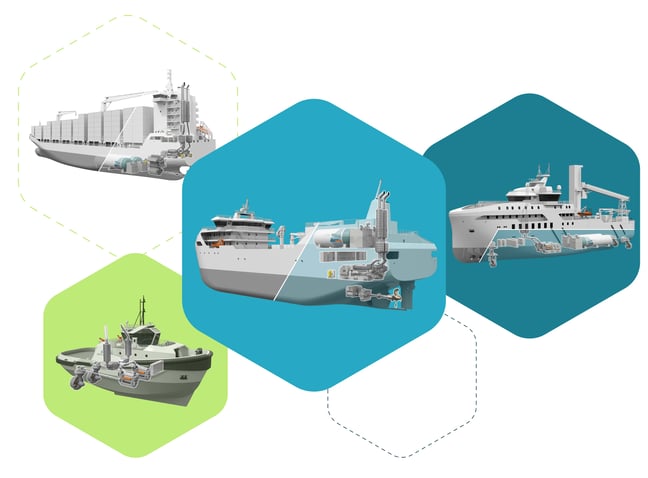
Want to know more?
If this situation is similar to yours and you'd like to know how this can be applied in your organization, fill out the form and we'll contact you.


